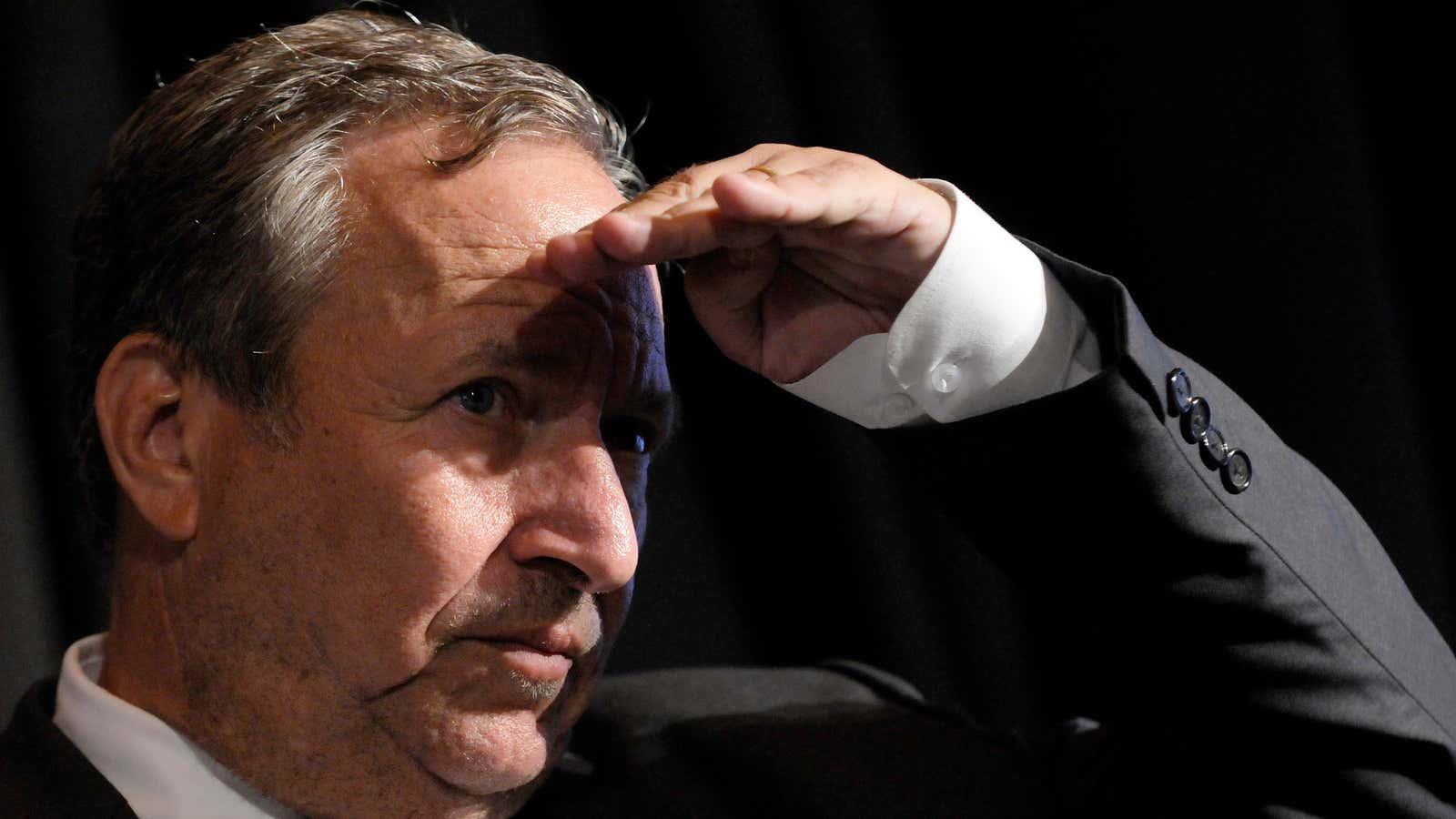Odds are that either Larry Summers or Janet Yellen will be the next chairman of the Federal Reserve, one of the most powerful jobs in the world. Both are brilliant and accomplished economists, but we can certainly do better. In 2005, Ben Bernanke, a rock star scholar when it comes to monetary economics, was a no-brainer. His work on inflation targeting changed the way monetary policy was conducted long before he even took the job. With Bernanke, we knew we were getting an innovative thinker who valued clear and thoughtful communication.
Neither Summers nor Yellen are nearly as obvious of a choice; they don’t bring to the table what the Fed needs today. An exceptionally bad recession and weak federal government required extraordinary actions from the Fed. While necessary, it may have compromised its independence, which is crucial for a monetary policy that balances both short and long-term interests. While Summers possesses an outstanding understanding of macroeconomics, he also has a lot of political baggage that could undermine restoring a truly independent and credible Fed. Also, as we’ve seen, communication from the Fed chairman moves markets and any room for misunderstanding can cause chaos. In the past, Summers has proven that he is a less than thoughtful and nuanced communicator.
The modern Fed also has a larger role in regulating the financial sector. A successful Fed chair needs a firm grasp of financial risk and how it relates to the rest of the economy. In particular, she needs to appreciate how financial risk and monetary policy relate to each other, which is a poorly understood area of economics. Yellen’s resume is lacking in finance; she hasn’t done much research in this area nor does she have experience in the private sector.
I’d rather see Stanley Fischer, who has a calming presence, expertise in all the relevant areas, and has had some success pioneering macro-prudential policies, which aim to integrate monetary policy and financial risk, in Israel. Or perhaps Roger Ferguson. He’s also a great thinker who possesses industry experience, Fed experience, and a law degree. Legal training might even be useful as the Fed expands its regulatory role.
Summers or Yellen might each do a fine job, but the Fed chairman should be the best person available, not just the politically convenient choice.




